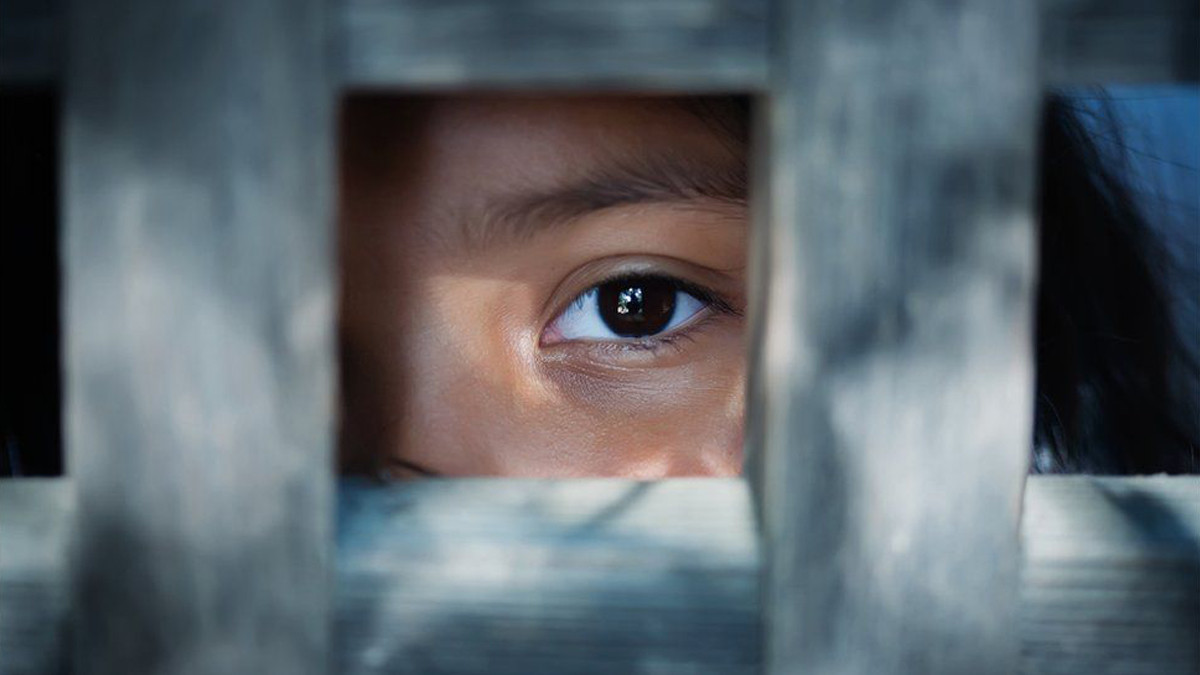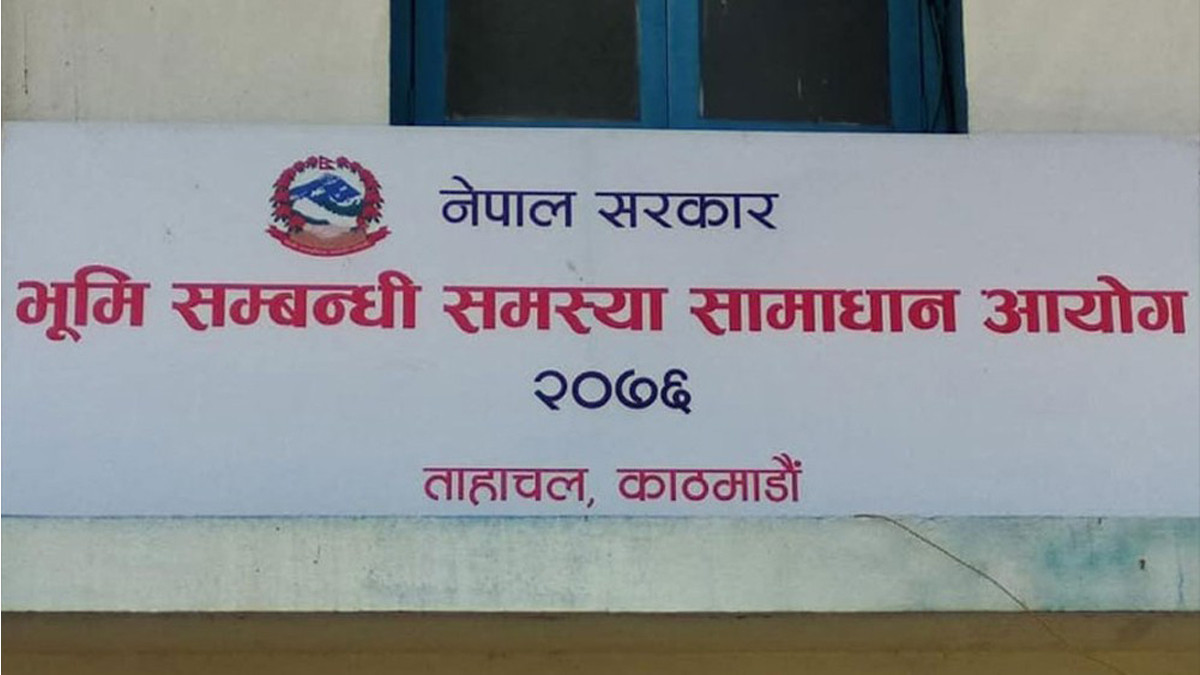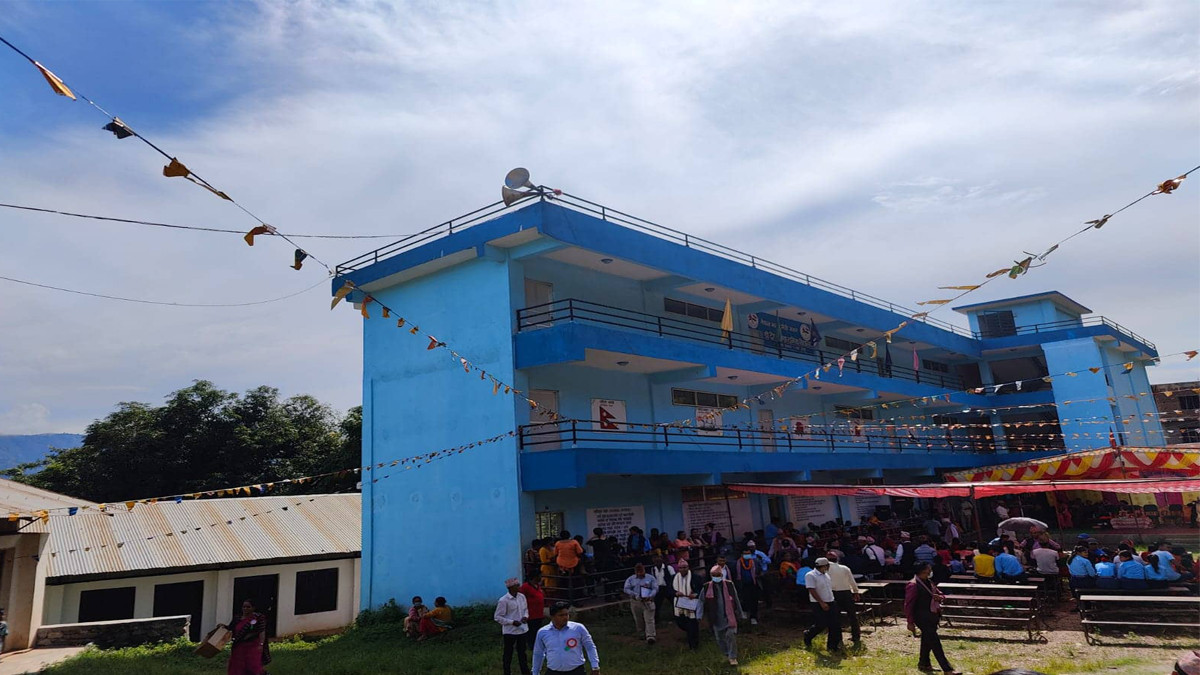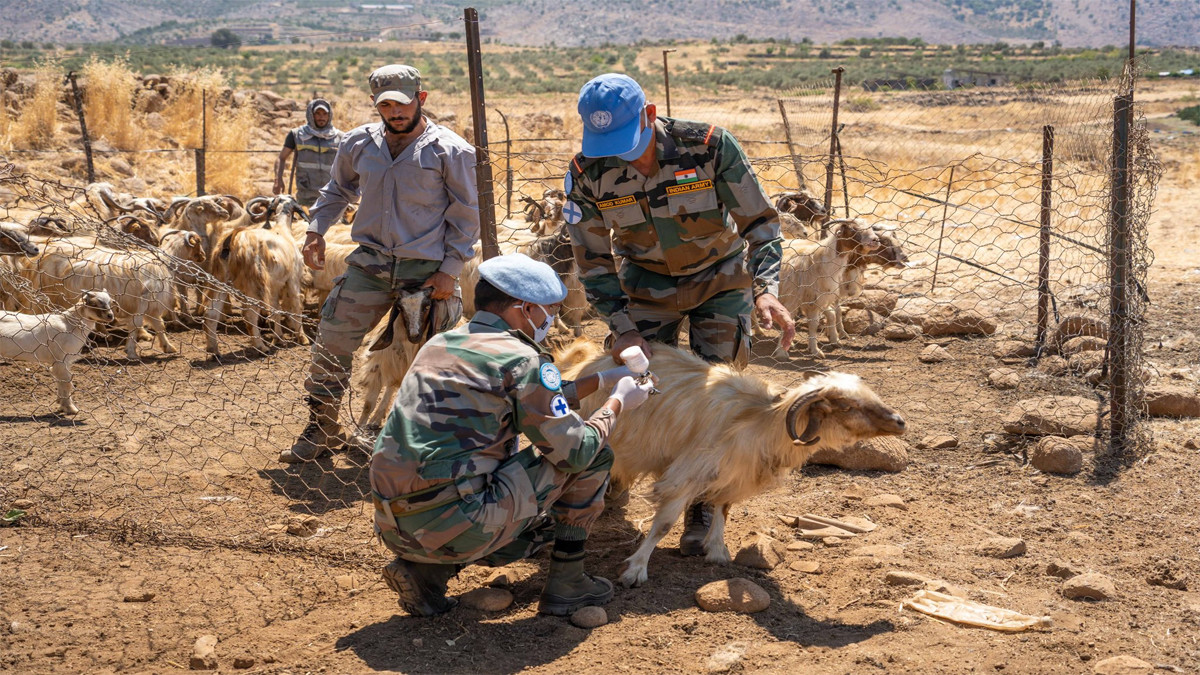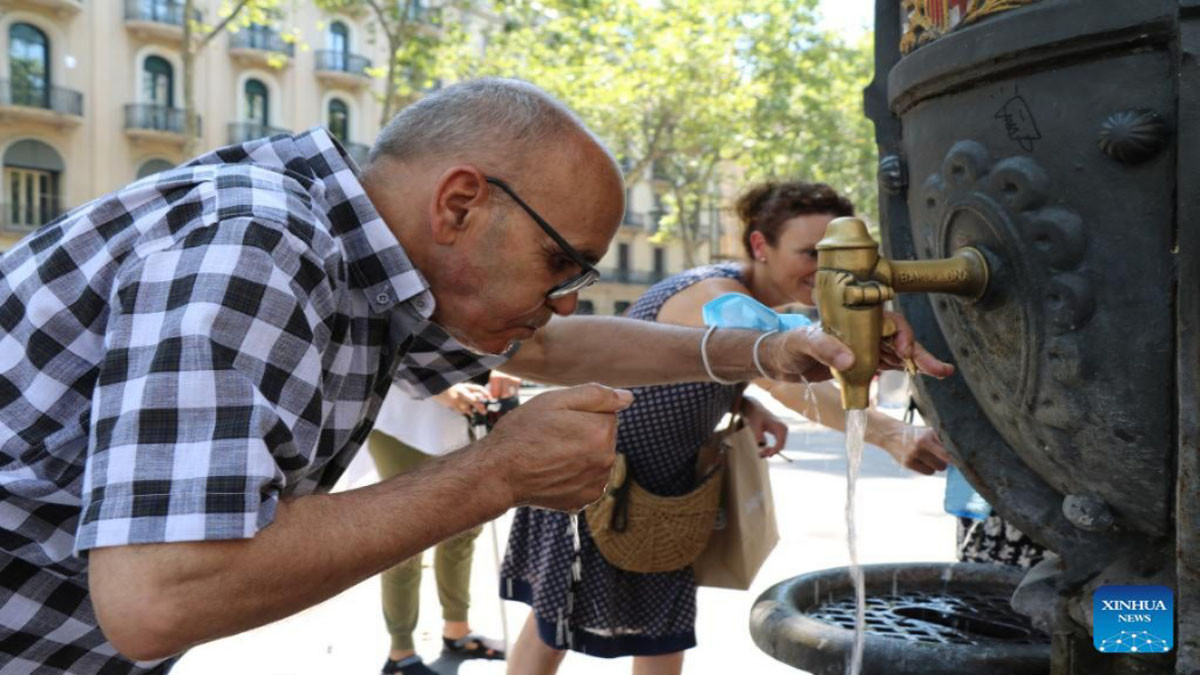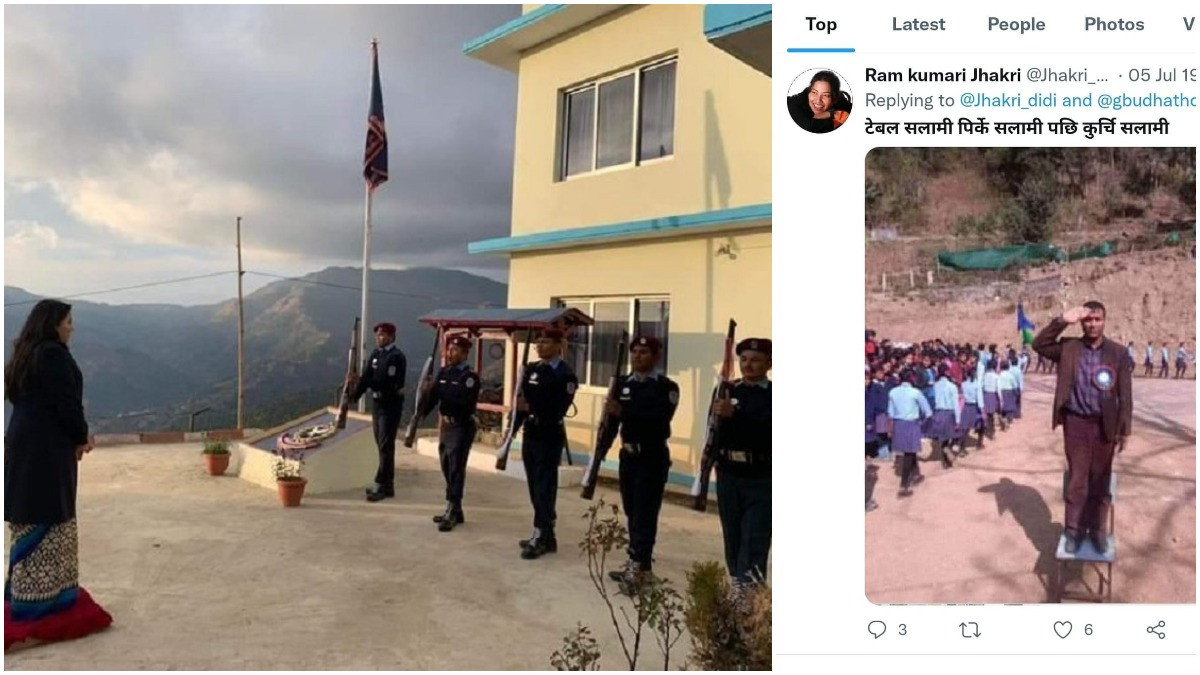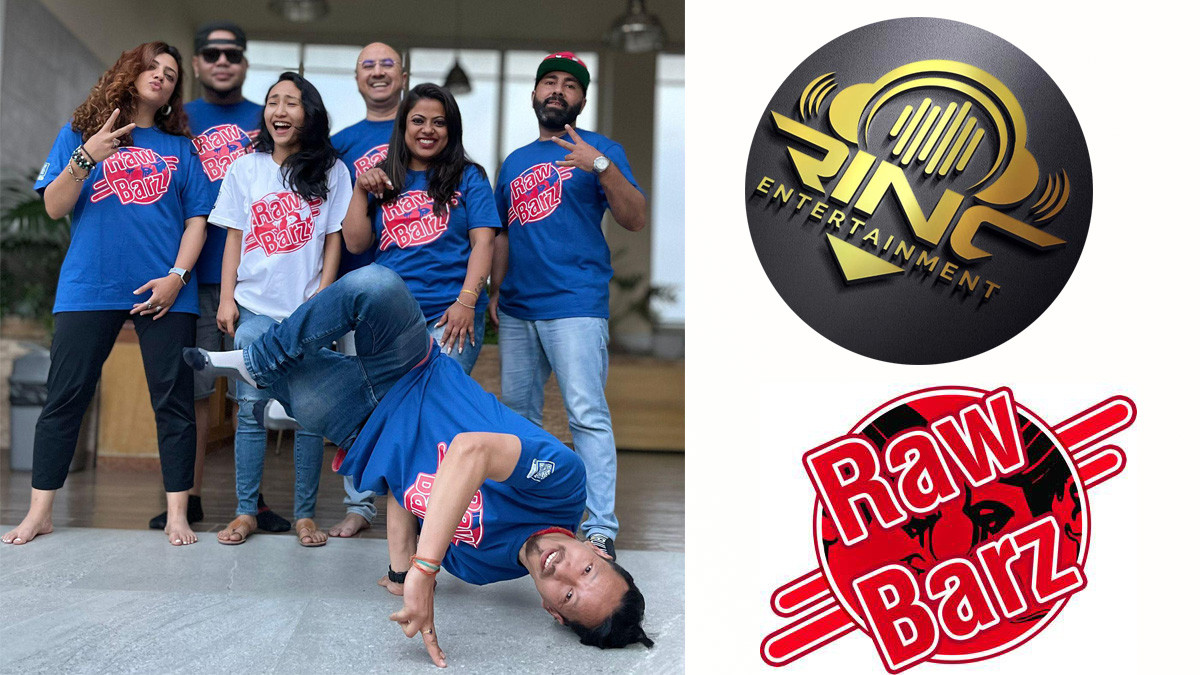
The hip-hop culture, which started as an 'art movement' in South Bronx, New York City, USA in the 1970's, has now attracted the attention of Nepali youth.
At that time there was a gang fight between whites and blacks. How many died, how many were bloody. As such incidents began to increase, some young people came up with creative tactics to fight verbal and artistic battles, not physical ones.
Thus the 'battle' began to take place through words and gestures. Poor black people used to wear clothes that did not fit the size given to them by others. Later it came in the same fashion. Then it began to spread around the world.
Hip-hop was introduced in Nepal as a rap two decades ago. After Girish Khatiwada released the album 'Meaningless Rap', hip hop started to be discussed in Nepal. He became known as a rapper in Nepali music with the song 'I am like this' sung with Pranil L. Timilsina. Then Ratan Subedi sang a parody rap. After Nirnaya Shrestha (Nirnaya Da NSK) sang songs like 'I am Nepali', 'Life in the village', 'I saw you like a boy' in rap, hip hop was still spreading among Nepalis. Manas Ghale of Nepsedize Band also continued it.
Some of the old artists fled abroad. Some made hip hop a hobby for their livelihood and started enjoying their business. Around the same time, Kolin Vikram Rana continued hip-hop music. He was helped by Yama Buddha. That was the 'raw barz'. The name was coined by Kolin and Yama. And in Nepal, too, the hip-hop, which is buzzing in commercial and large-scale house rooms, toll streets and small clubs, began to move forward through the battle.
"Raw Barz has had four successful seasons," Kolin told Epardafas.'

Raw Barz is currently in its fifth season. Which is supported by rinc entertainment. The battle between them is starting today (April 10, 2022) by selecting more than 1500 hip-hop singers from the corners of seven major cities of the country. In the same season, more than 3,000 artists participated online.
"With the support and encouragement we've received from across the country, the Nepali community's interest and interest in hip-hop has been expressed," said Prabish Rayamajhi, president of Raw Barz and Rinc Entertainment. '
Chairman Rayamajhi said that they have made a plan for the youths who are interested in this art but have not been able to make it a means of livelihood. He said the details of the plan would be made public by the end of the fifth season.
In Nepal, hip-hop was understood only as rap. But gradually other elements of hip-hop came, including DJing, graffiti art and break dancing. DJing and playing various musical tunes is gathering in Nepali nightclubs. Graffiti art painted with spray or marker pens can also be seen on city walls. Lately, the youth have been involved in B-Boying, B-Girling, Locking and Popping Dance under break dancing.
At this time, the battle of hip-hop is getting a place in the established and mainstream television of the country. With the increasing interest in this genre of music, the attitude towards it has also started to change. However, that has not changed completely.
Nepali society criticizes and despises the costumes of hip-hop singers and artists, their way of life and behavior.
"Society should try to see and understand art, not her dress," said Rayamajhi. We're moving forward with the journey of a hip-hop artist building a house, driving a car and earning a good monthly income from it. '
Hip-hop and rap artists have become notorious for some of the past events. There is a general understanding that they are drug addicts. But Chairman Rayamajhi thinks it is wrong. He is of the opinion that it would be unfair for others to make the crime of some common. He further added that this art can be an effective tool for prevention and control of drug trafficking, production and consumption.
"The younger generation has a great passion for the hip-hop artist and his music," said Rayamajhi. Apart from this, they will also move strongly against political, religious, cultural and economic discrimination and corruption. '
Raw Barz was born around 2009. The current established artists have been born from the four seasons it has done. But these four seasons have not been as pleasant as Kolin said. At the same time, some elements have become active to hinder its growing journey on some trivial issues.
Chairman Rayamajhi urges anyone who has any grievances about the past season to come in direct contact. He asked them to come in contact without following the rumors.
"We are an organization that believes in group development. From individuals and organizations we can build and develop the hip-hop community," said Chairman Rayamajhi. The support of the people here is very much needed, let's move forward together. '

